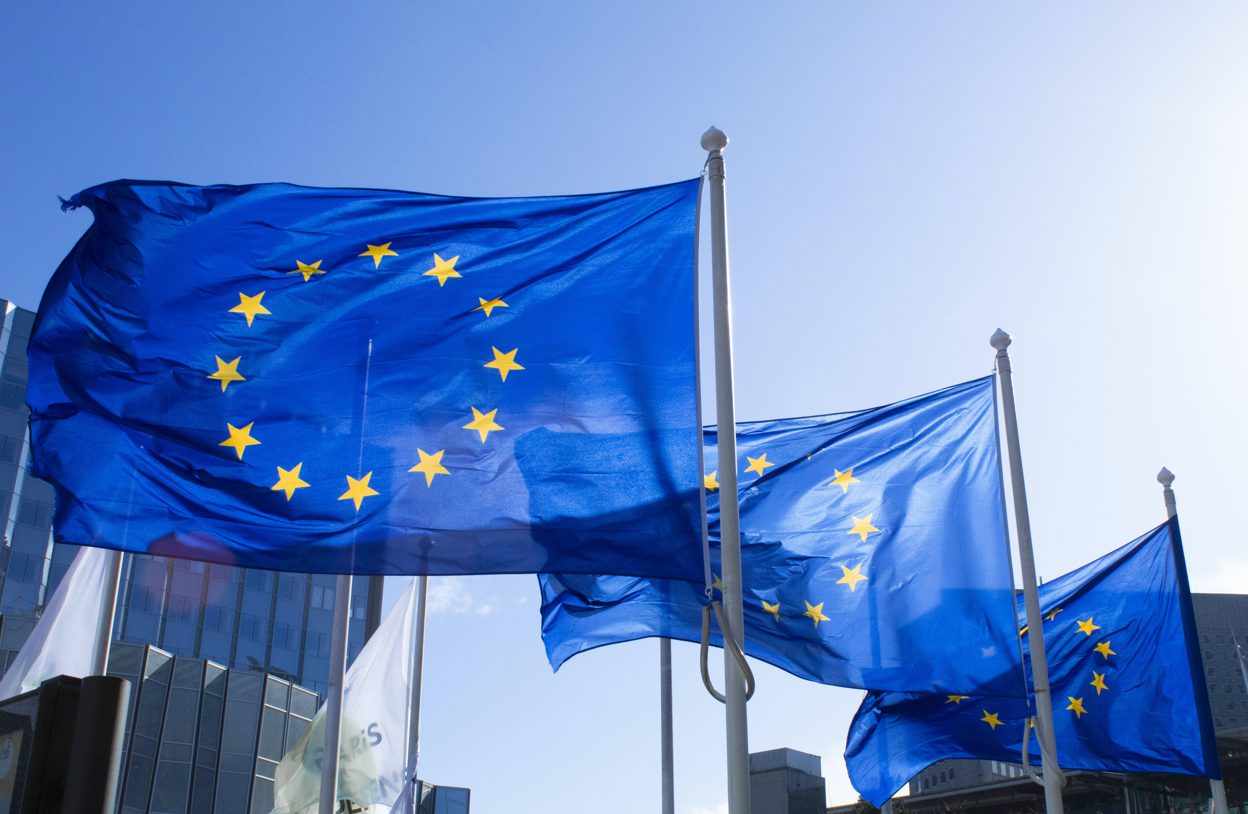In a world that's continually changing, we're making purposeful efforts to place our planet's health at the forefront. An important part of this endeavour is the rise of Extended Producer Responsibility (EPR) schemes around the globe. This article takes a closer look at this policy instrument and its crucial role in bolstering material collection and recycling rates, with a special emphasis on the European Union.
EPR initiatives invite a broad range of stakeholders, encompassing local authorities, waste management entities, and chiefly, those involved in product manufacturing. The main objective here is to decrease the environmental impact of products throughout their existence, from their creation to their eventual disposal.
EPR initiatives have been adopted as a key element of the European Union's approach to managing waste. As per EUROPEN (The European Organisation for Packaging and the Environment), newly enacted legislation has put forth essential requirements to improve compliance and the execution of EPR schemes throughout the EU.
Leading the charge in this area are countries like Belgium, Spain, and the Netherlands, where EPR initiatives have had a marked effect on enhancing their material collection and recycling rates. The influence of these initiatives is felt worldwide, reflecting a global commitment to sustainable practices.
A comprehensive 2023 study named "Increasing Recycling Rates with EPR Policy" analysed the repercussions of EPR initiatives in seven international jurisdictions and six states within the U.S., examining their impact on state-level recycling rates and other significant measures. This thorough research was undertaken by The Recycling Partnership, a non-governmental organisation that seeks to improve recycling systems, and provides valuable insights into EPR's role in global recycling endeavours.
This investigation analysed the effect of EPR on several paper and packaging recycling initiatives worldwide. The results demonstrated a consistent pattern: EPR policies contributed to a substantial increase in the recycling of specific materials, achieving over 75% in areas like British Columbia, Belgium, Spain, and the Netherlands. Portugal and Quebec also displayed significant progress, with rates going beyond 60%.
EPR would also deliver nearly universal recycling access, increase participation, boost the quantity of recycled content, recapture millions in lost material economic value, reduce climate-damaging emissions, and create many jobs. Despite the policy and programmatic differences making exact comparisons difficult, the study concluded that EPR is highly successful.
In an era where environmental consciousness is intensifying, businesses are discovering ways to align with both regulatory requirements and a rising demand from consumers for sustainable practices. EPR, which has traditionally been linked with products like batteries and mattresses, is now making a substantial impact on the packaging industry. This crucial change can be credited to the recent introduction of legislation in the U.K. and U.S. that places specific EPR obligations on the packaging sector.
In the context of packaging EPR, the onus of compliance generally falls on a single entity, which is often the brand owner or importer. If a company in the U.K. is handling more than 25 tonnes of packaging within a year and is involved in any packaging-related activities as specified by the government, it might be required to begin accumulating comprehensive data from 1 January 2023 onwards. Packaging EPR in the U.K. is slated to be gradually introduced from 2023 and is expected to be fully operational by 2027.
Moreover, the EU's Packaging and Packaging Waste Directive compels Member States to establish systems for the return, collection, and reuse or recovery (including recycling) of used packaging from consumers to meet EU recycling objectives. As a result, the EU places the legal obligation of achieving recovery and recycling goals firmly on Member States. However, it's not uncommon for national governments to pass this legal obligation onto producers and importers through the establishment of EPR schemes.
An international leader in protective packaging solutions, Pregis, has announced that its AirSpeed® Ascent™ high-efficiency air cushioning system is now available within the EU. The system utilises AirSpeed HC Renew™ film, which contains at least 30% post-consumer recycled content and is in line with Circular Economy Flexible Packaging (CEFLEX) guidelines, with the aim of achieving circular flexible packaging in Europe by 2025.
The creation of recyclable packaging technologies illustrates the potential for businesses to balance productivity with environmental responsibility. As EPR schemes continue to shape corporate accountability in product design and waste management at the end of a product's life, solutions like Pregis’ provide a good example for other businesses to follow.
Sustainability is gathering pace, driven by policy tools like EPR and proactive corporate initiatives, pointing to a promising future for the EU and other regions committed to sustainable growth.











